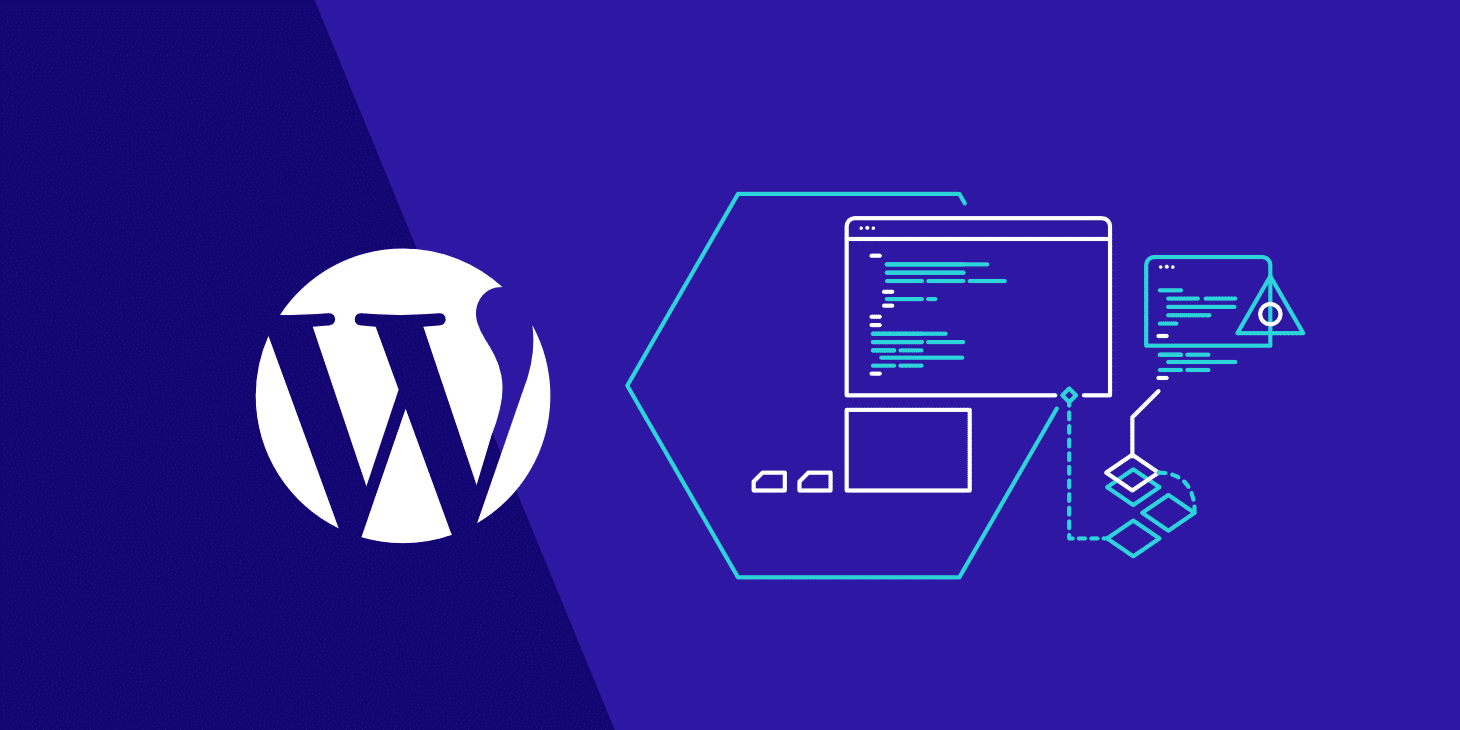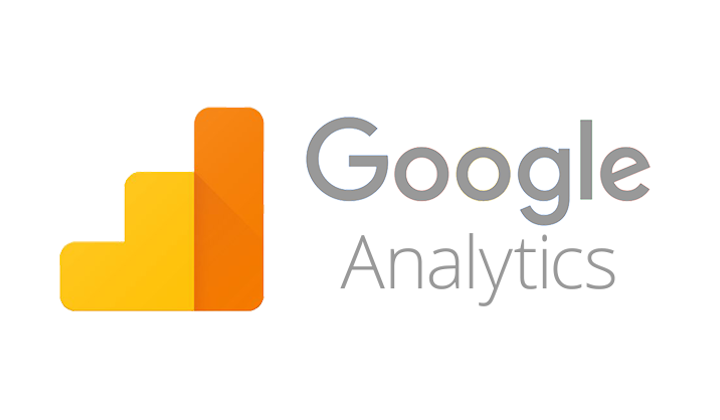
During its latest algorithm update in May 2020, Google has tweaked a number of its ranking criteria which are directly related to the quality of your web hosting. Here, we’ll look at what aspects of your hosting can influence your website’s ability to rank and explain how they are important.
1. Site loading speed

Site speed is important to search engines because it improves the customer experience. Slow-loading websites have much higher abandonment rates because users just aren’t willing to wait for them to load. For this reason, the slower a site performs, the less likely Google will feature it in its results – it looks bad on them. What’s more, to do well, the site needs to perform quickly on both mobile devices and PCs.
Website loading times are an important web hosting feature for Google. While there are several things you can do to speed up your website that don’t rely on hosting, such as image optimisation, compression, minification, caching and the use of content delivery networks, ultimately, the performance of your server is critical.
Google takes note of a number of timescales when judging performance, such as the time it takes to start loading content on a browser, how quickly the page becomes interactive and how long it takes for your server to respond to an action performed by the user, for example, clicking on a link. If your server performs too slowly on any of these criteria, it will affect your page’s ability to rank.
Choosing a web host that uses high-performance servers, such as those with SSD drives and Intel Xeon processors can speed up performance dramatically. So, too, can upgrading to a more powerful solution, such as VPS, cloud or dedicated server.
2. Server uptime

While Google doesn’t like sending users to slow loading website’s, it is perhaps even less happy about sending them to sites which are frequently offline. If it keeps supplying links to sites which aren’t there, people will use an alternative search engine. Google, therefore, monitors the amount of time that websites are online and uses this as part of its ranking algorithm.
There are numerous reasons your site can go offline. Some of these are related to things you do on your site, such as putting it into maintenance mode or causing it to crash through installing incompatible software or making coding errors. Other reasons can be due to your web hosting, such as when your server needs its operating system patching and updating.
With some hosting solutions, however, the amount of time your website goes offline can be unacceptable to Google. For example, if the hardware is outdated, unreliable and keeps breaking down or if too few resources are available for shared hosting accounts that the server simply can’t cope with the amount of traffic. In these instances, it can affect the site’s ranking ability.
To protect yourself, ensure your web host offers guaranteed uptime backed by service level agreement (SLA). The minimum you should be looking for is 99.95% uptime. If you require 100% uptime, then you need to choose a cloud hosting solution.
3. Server location

Data needs to travel from A to B and the further it has to go, the longer it takes. This increases latency, making your server respond slower to requests from a user’s browser and, thus, reduces site speed.
While it is possible to speed up global loading times using a Content Delivery Network (CDN), this only works for static website data, i.e. website content that remains the same. For websites that provide lots of dynamic data, i.e. pages that change for individual users or which display things like product search results, the nearer the server to the browser, the better the performance.
Ideally, therefore, you need a server geographically located closer to where most of your traffic comes from. If you are a UK based company, it makes sense to have your website hosted on servers in a UK based datacentre.
Some web hosts, however, store their data all over the planet, much of it in huge US data centres. Even if the company is UK based, its servers may be anywhere. At eukhost, all our datacentres are located within the UK.
4. SSL certificates

The padlock icon displayed on browsers is a clear indication of how seriously Google takes security. The last thing it wants is to send its users to sites where their financial data may be at risk of interception because of an insecure connection between the browser and the website.
Today, the security of that connection is key to performing well in search engine results. The only way to obtain a green padlock icon is to install an SSL certificate that will encrypt data travelling between the browser and the server. These are normally obtained via your web host.
There are different types of SSL certificate and the one you need depends on the level of security required for your organisation. A good web host will provide all the different types available and give technical help to install it if required.
Perhaps less well known is that a basic Domain Validated SSL can now be obtained free of charge from the Let’s Encrypt certificate authority. eukhost, which is a sponsor of Let’s Encrypt, enables its customers to install these free Domain validated SSL certificates directly from within your cPanel control panel. Many web hosts, however, prevent this, forcing customers to buy alternate SSLs and pay an annual fee for their use.
Conclusion
In its drive to provide better services to its users, Google is pushing websites to up their game. From a web hosting perspective, this means having a site that loads quickly on all devices, has minimal latency, is reliably online for 99.5% of the time or more and which provides secure, encrypted connections. Websites with these things in place will find themselves better positioned by Google’s algorithm.






